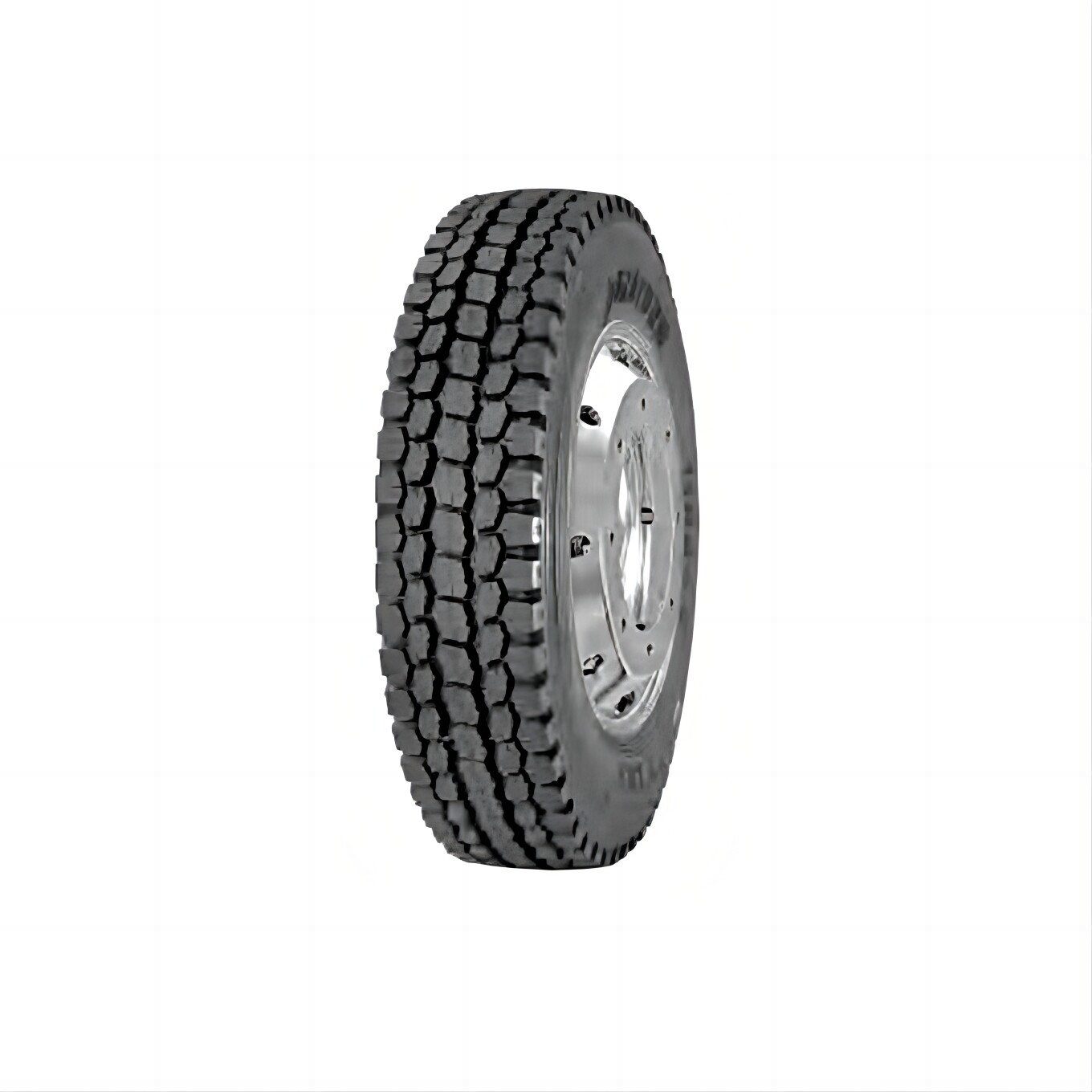Email format error
Email cannot be empty
Email already exists
6-20 characters(letters plus numbers only)
The password is inconsistent
Email format error
Email cannot be empty
Email does not exist
6-20 characters(letters plus numbers only)
The password is inconsistent

News

Navigating the World of Truck Tire Prices in China: Trends, Tips, and Insights
When it comes to the logistics and transportation industry, few components are as crucial as truck tires. They’re the unsung heroes that keep goods moving across the country and around the world. In China, a global powerhouse in manufacturing and trade, understanding truck tire prices is more than just a matter of cost—it's a key factor influencing operational efficiency and profitability.
The Importance of Truck Tires in the Transport Industry
Truck tires are the sole contact point between a vehicle and the road, playing a pivotal role in safety, fuel efficiency, and overall performance. For businesses that rely on trucking, maintaining optimal tire conditions is essential to ensure smooth operations and reduce costs related to downtime and repairs. Given this, keeping an eye on truck tire prices in China is crucial for both domestic and international transport companies.
Current Trends in Truck Tire Prices in China
In recent years, the truck tire market in China has experienced significant fluctuations. These changes are influenced by a variety of factors, including raw material costs, technological advancements, and economic conditions.
1. Raw Material Costs: The price of truck tires is heavily influenced by the cost of raw materials like rubber, steel, and fabric. Recent spikes in the prices of these materials, driven by global supply chain disruptions and trade tensions, have directly impacted truck tire prices in China. Manufacturers have had to adjust their pricing strategies to cope with these changes.
2. Technological Advancements: Innovations in tire technology, such as improved tread designs and advanced rubber compounds, have led to the development of more durable and fuel-efficient tires. While these technological improvements can sometimes increase the initial cost of tires, they often result in long-term savings through better performance and longer lifespan.
3. Economic Conditions: Economic fluctuations, including changes in fuel prices and shifts in consumer demand, can also affect truck tire prices. For instance, during periods of economic growth, higher demand for transportation services can lead to increased tire prices. Conversely, economic slowdowns might lead to a reduction in prices as manufacturers adjust to lower demand.
Understanding Price Variations
Truck tire prices in China can vary significantly depending on several factors:
1. Tire Size and Type: Different trucks require different tire sizes and types. For instance, long-haul trucks typically use larger, more durable tires compared to local delivery trucks. Additionally, tires designed for specific terrains, such as off-road or winter tires, often come with different price points.
2. Brand and Quality: Brand reputation and tire quality also play a role in determining prices. Well-known brands that invest heavily in research and development tend to charge higher prices, reflecting the advanced technology and quality assurance that come with their products. On the other hand, lesser-known brands might offer more competitive pricing but could lack some of the high-end features and durability.
3. Purchase Volume: Bulk purchases can lead to significant savings. Businesses that buy tires in large quantities often receive discounts from manufacturers or suppliers. This is particularly advantageous for fleet operators who need to maintain multiple trucks.

Tips for Finding the Best Truck Tire Prices in China
For businesses looking to optimize their tire purchases, here are some practical tips to navigate truck tire prices in China effectively:
1. Research and Compare: Always start by researching various tire brands and models. Compare prices from different suppliers and consider both online and offline options. Websites that aggregate tire prices can provide a quick overview, but don’t forget to check with local dealers for potential discounts or promotions.
2. Consider Total Cost of Ownership: Instead of focusing solely on the upfront cost, evaluate the total cost of ownership. This includes factors like fuel efficiency, tire lifespan, and maintenance costs. Investing in higher-quality tires might be more expensive initially but can result in savings over time due to lower fuel consumption and reduced replacement frequency.
3. Negotiate Bulk Deals: If you manage a fleet of trucks, leverage your purchasing power to negotiate bulk deals. Suppliers may offer discounts for large orders or provide additional services such as free delivery and installation.
4. Stay Updated on Market Trends: The tire market is dynamic, with prices fluctuating based on various factors. Keep an eye on market trends and adjust your purchasing strategy accordingly. Subscribing to industry newsletters or joining relevant forums can provide valuable insights.
The Future of Truck Tire Prices in China
Looking ahead, several trends are likely to influence truck tire prices in China. As the country continues to innovate and expand its manufacturing capabilities, we can expect advancements in tire technology to lead to more efficient and cost-effective solutions. Additionally, the ongoing developments in the global economy and supply chain will continue to play a role in shaping price trends.
1. Sustainability Initiatives: With growing awareness of environmental issues, there is a push towards more sustainable practices in the tire industry. This includes the development of eco-friendly tires made from recycled materials or renewable resources. While these tires might initially come at a higher cost, they offer long-term benefits both for the environment and for businesses.
2. Digital Transformation: The integration of digital technologies, such as tire monitoring systems and predictive analytics, is expected to enhance the way tires are managed. These technologies can help businesses optimize tire usage and reduce costs, potentially impacting overall tire pricing in the future.
3. Global Trade Dynamics: Changes in global trade policies and economic conditions will continue to influence raw material costs and, consequently, tire prices. Keeping abreast of international trade developments can provide valuable insights for businesses looking to manage their tire expenses effectively.
Conclusion
Navigating the world of truck tire prices in China requires a combination of research, strategic planning, and market awareness. By understanding the factors that influence tire prices and staying informed about industry trends, businesses can make informed decisions that contribute to their operational efficiency and cost-effectiveness. Whether you're managing a fleet of trucks or simply interested in the dynamics of the tire market, keeping an eye on truck tire prices in China is essential for staying ahead in the competitive world of logistics and transportation.

